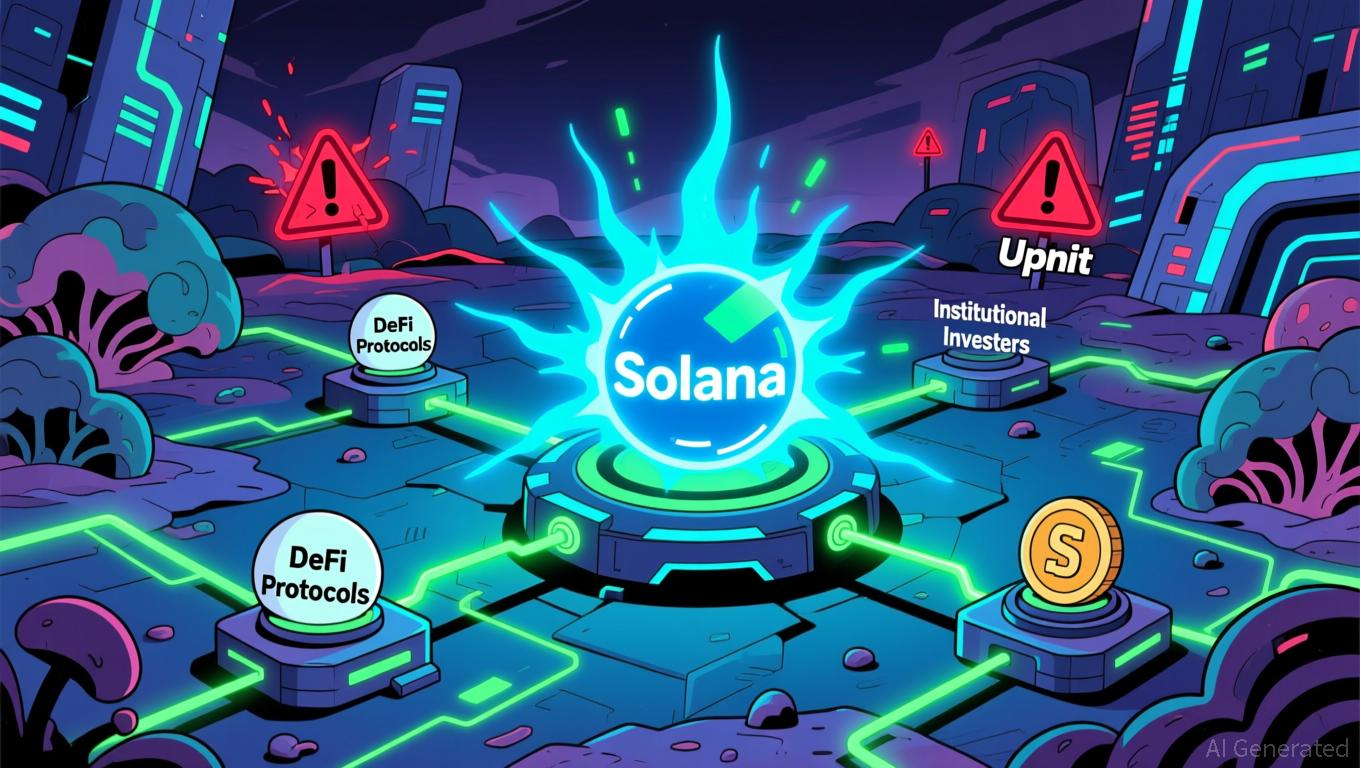Australia Moves to Regulate Crypto Platforms Under New Financial Services Bill
Quick Breakdown
- Australia introduces a bill requiring crypto platforms and custody providers to obtain an AFSL and meet ASIC standards.
- The legislation aims to close consumer protection gaps exposed by past crypto failures and to regulate activities involving the holding of client assets.
- Small operators are exempt, and an 18-month transition period will give platforms time to comply.
Australia is tightening oversight of its digital asset sector with a new bill that would bring crypto platforms under existing financial services laws, a shift aimed at protecting consumers and strengthening industry standards.
Government pushes for stronger guardrails
Assistant Treasurer Daniel Mulino tabled the Corporations Amendment ( Digital Assets Framework) Bill 2025 on Wednesday, describing it as a critical step in aligning Australia with global developments in digital finance.
Mulino stressed that the country must “keep pace” with technological shifts, adding that clear rules can attract investment, create jobs, and support innovation.
The move follows a Treasury-led consultation on a draft version of the bill released in September, which received cautious industry support but also calls for more straightforward guidelines and simplified compliance requirements.
Closing loopholes and protecting customer assets
Highlighting the risks exposed by past crypto scandals such as FTX, Mulino noted that companies can currently hold “unlimited” amounts of client crypto without meaningful safeguards.
The new bill targets this gap by regulating activities rather than the technology itself. Platforms that hold digital assets on behalf of customers would be subject to robust standards for transactions, settlements, and asset protection. They must also provide clients with transparent information on services, fees, and risks.
While nearly 400 platforms are registered with AUSTRAC, many are inactive, and none are required to meet the higher bar set by the Australian Securities and Investments Commission (ASIC) unless they handle regulated financial products like derivatives.
New licensing framework with room for small players
The bill introduces two newly defined financial products, the digital asset platforms and tokenized custody platforms, both of which must obtain an Australian Financial Services License (AFSL).
Those offering crypto advice, dealing services, or arranging platform access would now be classified as financial service providers, tightening the regulatory net.
However, “small-scale” operators with annual transaction volume of less than AUD 10 million ($6.5M) are exempt, as are businesses whose crypto services are incidental to their primary operations.
To ease the transition, the bill includes an 18-month grace period before licensing becomes mandatory. With the Labour government holding a comfortable majority in the House, the bill is expected to pass quickly before moving to the Senate, where crossbench support may be needed.
Disclaimer: The content of this article solely reflects the author's opinion and does not represent the platform in any capacity. This article is not intended to serve as a reference for making investment decisions.
You may also like
Privacy Altcoins Surge While Crypto Markets Decline
In Brief Cryptocurrency markets faced a major downturn in recent weeks. Privacy altcoins like Zcash rise amidst stricter regulation concerns. Upcoming regulations pose liquidity risks for privacy-focused cryptocurrencies.

Solana News Today: Institutions Remain Confident in Solana Amid Security Concerns and Volatile Prices
- Solana's on-chain trading volume now exceeds centralized exchanges, driven by $510M in ETF inflows and institutional adoption of DeFi protocols. - Price volatility and security breaches, including Upbit's $36.8M Solana-based theft, highlight risks despite $3B+ in corporate treasury holdings. - Institutional capital continues to flow into Solana's ecosystem, with DWF Labs committing $75M to scalable DeFi infrastructure amid TVL recovery to $120B. - Forward Industries reports $668M unrealized losses as Sol

XRP News Today: XRP ETFs See Rapid Growth, Price Remains Flat—Will Increased Inflows Overcome Technical Barriers?
- XRP ETFs saw $164M inflows on Nov. 24, 2025, with Grayscale and Franklin Templeton launching new products amid rising institutional interest. - Price rebounded to $2.20 but remains range-bound below key technical levels, forming descending patterns despite ETF-driven liquidity gains. - Ripple's RLUSD stablecoin surged 56% in 30-day volume to $3.5B, now third-largest GENIUS Act-compliant stablecoin after USDC and PYUSD. - Analysts predict $5.05 by 2025 and $26.50 by 2030, but XRP's 16.95% drop from 30-day

SEC Considers Blockchain Stock Advancements as Concerns Over Conventional Market Stability Persist
- SEC plans to discuss tokenized stock regulations with major firms like Coinbase and BlackRock , aiming to modernize securities rules for blockchain-based finance. - Proposed "innovation exemption" seeks to fast-track crypto products but risks destabilizing traditional markets by creating valuation gaps and eroding investor protections. - WFE warns tokenized shares could disrupt market structure, while Nasdaq proposes unified order books with shared CUSIP identifiers to align with existing systems. - Regu

